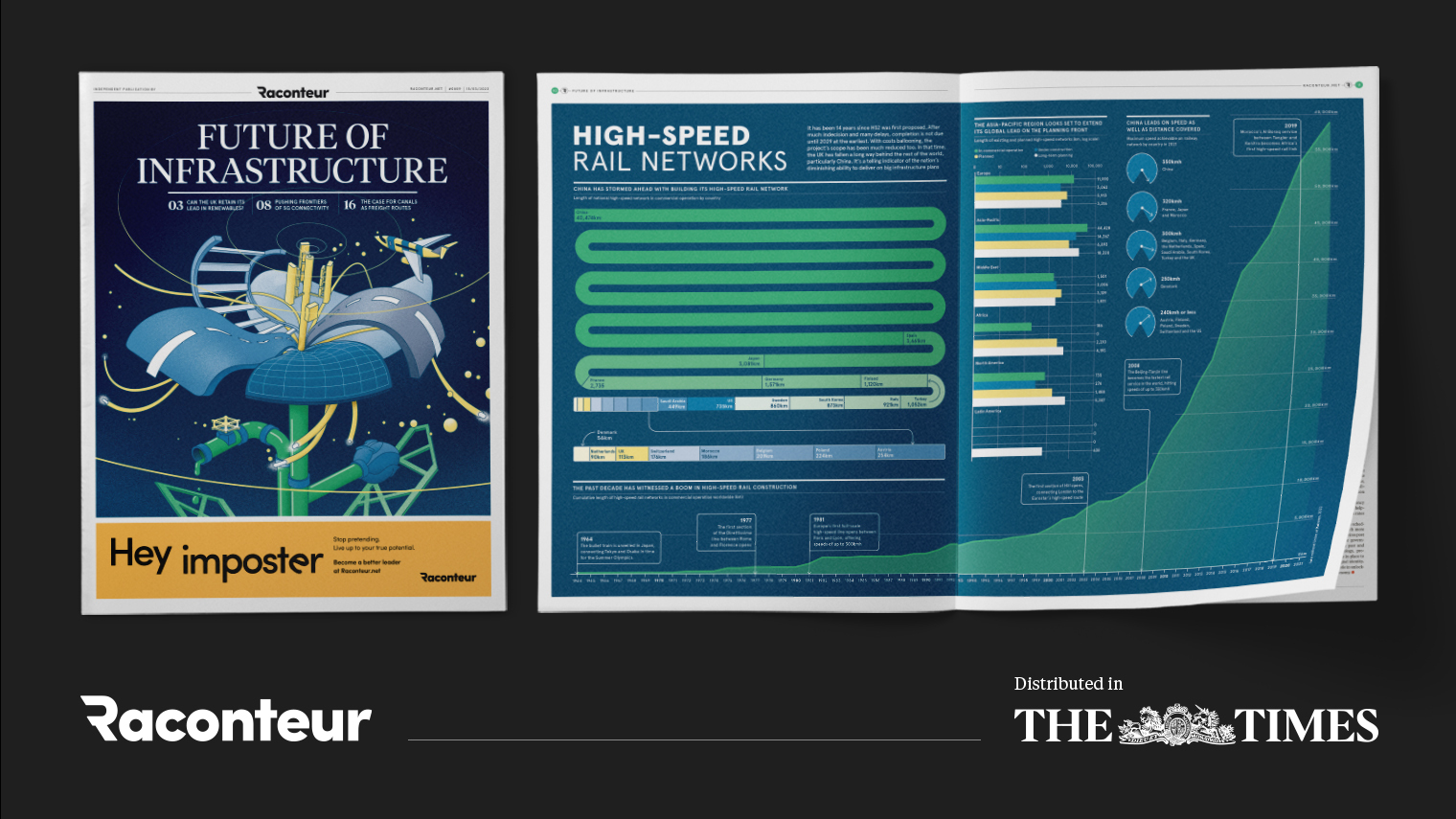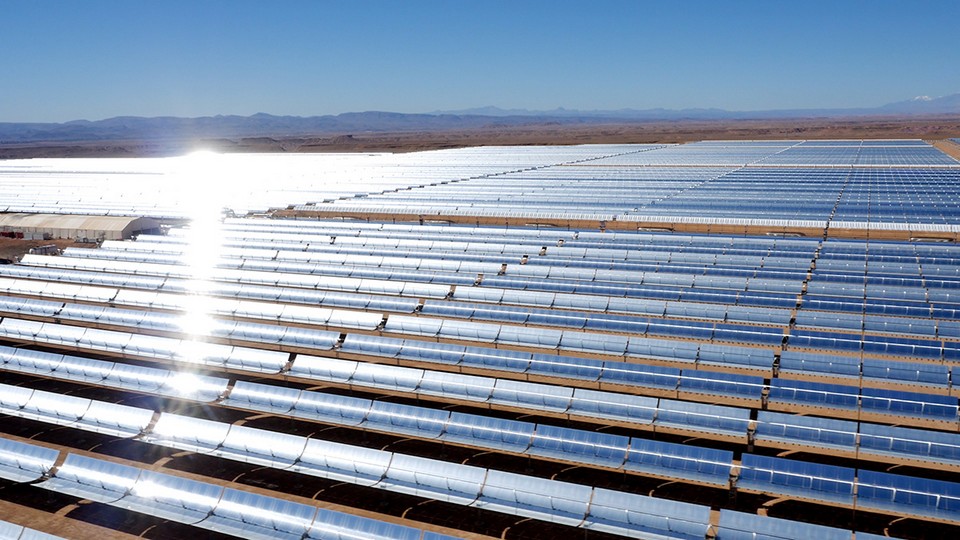1740 results found
Featured results



More results
The GI Hub today launches a shorthand cost-benefit analysis tool for analysing the environmental, social, and economic (ESE) benefits of bus transport projects.
Introducing a new professional training program for developing and delivering infrastructure for equal access, affordability, and economic empowerment.
After seven weeks of intensive training on infrastructure project finance and delivery, the third cohort of the Africa Infrastructure Fellowship Program graduated last month.
Africa’s unmet infrastructure need is estimated at nearly $3 trillion by 2040. New training program aims to drive investment to help close Africa’s infrastructure gap

Africa’s unmet infrastructure need is estimated at nearly $3 trillion by 2040, a new training program aims to drive investment to help close Africa’s infrastructure gap.
G20 Leaders met in New Delhi on 9-10 September 2023. The Leaders’ Declaration reflects an ongoing focus on sustainable and inclusive economic growth, of which infrastructure is a key part.
The report discusses forms of intervention and trade-offs, enabling factors, and evidence from case studies and stakeholder consultations in the areas of water, agriculture and energy. The report includes recommendations for a possible roadmap and funding options.

The project includes three subprojects: transfer solid waste to electricity, transfer food leftovers to biogas, transfer food leftovers to biodiesel.
This chapter discusses the impact of climate events on various types of digital infrastructure.


Co-financing provide a supportive enabling environment that minimises risk exposures, catalysing private co-financing for infrastructure in middle- and low-income countries.


Noor Ouarzazate I, a 160 MW Concentrated Solar Power (CSP) plant, is a path-breaking large- scale CSP project, one of the first to be delivered in the Middle East and North Africa (MENA) region, taking advantage of the region s abundant solar resources.
The report describes eight nutrition-sensitive approaches for achieving greater impacts on early child nutrition. Results framework indicators are proposed to support monitoring and evaluation of nutrition-sensitive investments in water management and irrigation.

This Primer provides an introduction to blockchain technology, outlines some of the potential benefits it can bring, and considers the risks and challenges it poses.

The OECD DAC Blended Finance Principles for Unlocking Commercial Finance for the SDGs aims to ensure that blended finance is deployed in the most effective way to address the financing needs for sustainable development.

The OECD Guidelines for Multinational Enterprises provides recommendations to businesses in the areas of disclosure; human rights; employment and industrial relations; environment; combatting bribery and more.

The guidelines give concrete advice to countries on how to manage their responsibilities as company owners, thus helping the state-owned enterprises to become more competitive, efficient and transparent.


OECD Investment Policy Reviews present an overview of investment trends and policies in the countries reviewed, using the OECD Policy Framework for Investment to assess the climate for domestic and foreign investment at sub-national, national or regional levels. They then propose actions for improving the framework conditions for investment and discuss challenges and opportunities for further reforms.


The policy framework for investment provides a systematic approach for improving investment conditions and a comprehensive checklist of key policy issues for consideration by any government interested in creating an enabling environment for all types of investment.




 Cost-Benefit Analysis of Transit Investments
Cost-Benefit Analysis of Transit Investments








